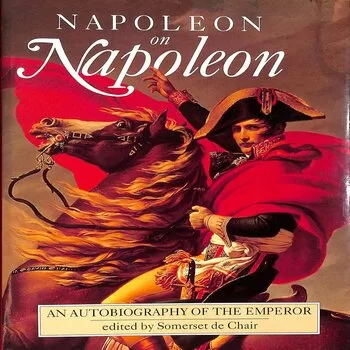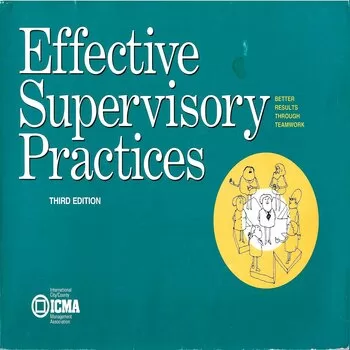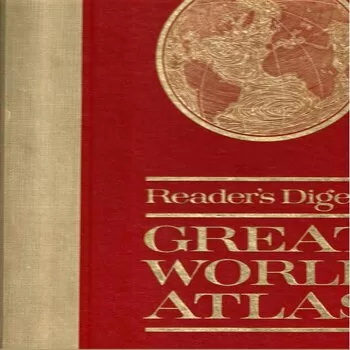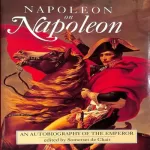Description
Napoleon on Napoleon
This work presents a visually engaging “autobiography” of Emperor Napoleon, meticulously crafted from his commentaries and memoirs that he dictated during his time on St. Helena. The narrative is thoughtfully organized in chronological order, allowing readers to journey through his life, from his formative years in Corsica to his final days in exile. It delves into significant events and personal struggles, including family conflicts, his divorce from Josephine, the harrowing retreat from Moscow, and the fateful battle of Waterloo, all articulated in Napoleon’s eloquent prose.
Napoleon was not just a leader; he was a prolific writer who poured his thoughts onto the page with fervor. His obsession with documenting his experiences is evident in the extensive volumes of text he produced, which he meticulously edited to ensure they reflected his perspective accurately. This dedication to writing reveals not only his desire to leave a legacy but also his acute awareness of his role in shaping history as one of its most formidable figures. His reflections provide a unique insight into the mind of a man who was both a military genius and a complex individual.
This illustrated autobiography serves as an invaluable resource for military enthusiasts, historians, and writers alike. It offers a rare glimpse into the life of a man whose actions and decisions have had a lasting impact on the world. By presenting his story through his own words, the book invites readers to engage with the historical narrative in a personal and profound way, making it a compelling addition to any collection focused on the intricacies of leadership, warfare, and personal ambition.
Napoleon Bonaparte
Napoleon I, originally known as Napoleon Bonaparte and affectionately dubbed “the Little Corporal,” was a masterful strategist who dramatically altered the course of European history. In 1799, he orchestrated a coup that dismantled the Directory, subsequently declaring himself First Consul and later ascending to the throne as Emperor of the French and King of Italy in 1804.
His formidable military and political prowess cast a long shadow over Continental Europe, allowing him to exert control over vast territories. However, his fortunes took a severe downturn following the catastrophic campaign in Russia during the harsh winter of 1812, which led to his abdication in 1814 and subsequent exile to the island of Elba.
Though he managed a brief return to power, his ultimate defeat at the Battle of Waterloo in 1815 sealed his fate, leading to his final years on the remote island of Saint Helena. Despite his tumultuous reign, the Napoleonic Code he established continues to underpin civil law systems around the world.
Trained as an artillery officer, Napoleon quickly ascended the ranks during the tumultuous years of the French Revolution, emerging as a prominent general who achieved remarkable victories against various coalitions. His strategic acumen was on full display in late 1799 when he executed a coup d’état, positioning himself as the leader of France for the next five years.
Throughout the early 19th century, he transformed the French military into a dominant force, leveraging a complex web of alliances and a series of significant victories, most notably at the battles of Austerlitz and Friedland. His leadership style was characterized by the appointment of loyal allies and family members to key positions in the governments of the territories he controlled, effectively extending his influence across Europe.
While Napoleon is often celebrated for his military genius, he also made substantial contributions to the structure of modern governance. His military doctrines, which emphasized the organization of artillery into cohesive batteries and the establishment of corps as the fundamental unit of army structure, have been adopted by modern armies worldwide.
Drawing from a diverse array of influences, he crafted innovative tactics that led to numerous triumphs with a reformed military. His legacy as one of history’s greatest commanders is studied in military academies across the globe. Beyond his battlefield achievements, Napoleon’s establishment of a bureaucratic framework laid the groundwork for the modern state, influencing governance long after his reign. His impact on history is profound, as he served in various roles, including general during the revolution, premier of the republic, mediator of





























































































































Reviews
There are no reviews yet.